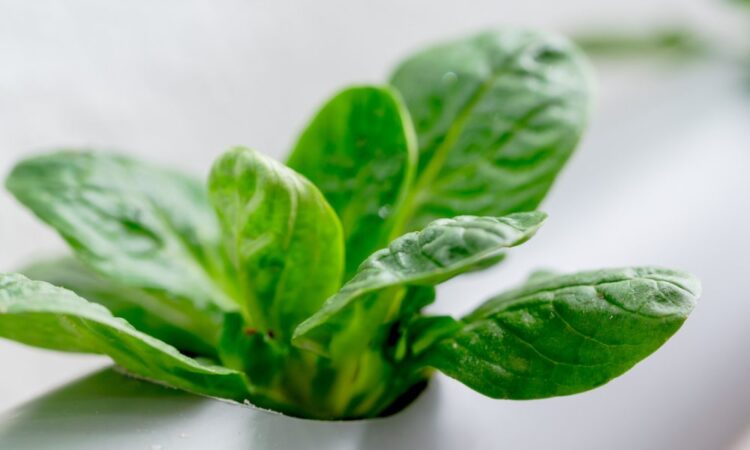
There is simply no replacement for homegrown vegetables. When you cultivate your own food, the flavor and texture of the produce is superior to that of store-bought goods.
Try out some of these simple gardening strategies and helpful hints for your home vegetable garden during the growing season to maximize the yield of your crops:
Plant Vegetables with a High Yield Potential
To maximize the use of available space and time, cultivate vegetables with a high yield. Tomatoes, onions, and lettuce are the list’s first three ingredients. They require the least amount of space and the least amount of time to cultivate, but yield the richest harvests. Pumpkins, melons, and winter squash are enjoyable to cultivate, but they require a large amount of space and produce only a small quantity of food.
Utilize a Rich Soil
Since plants obtain their nutrients from the soil, it stands to reason that increasing the quality of the soil in which vegetables are grown will enhance their flavor. The inclusion of organic matter is one of the most effective ways to improve soil quality. Mulch can be produced from a variety of materials; straw, for example, is an excellent option for vegetable gardens.
Ensure You Plant Crops Appropriate for Your Region
Even though we are aware that we must wait until the soil has warmed before planting tomatoes, peppers, or corn, many beginning gardeners fail to realize how crucial it is to plant according to the requirements of their specific garden zone.
Appropriate Gardening Methods for Vegetables and Their Gardens
A regular and predictable irrigation schedule is beneficial for vegetable growth. If there is insufficient water, it is possible that you will not receive any vegetables. If you use an excessive amount, you risk suffocating the roots and destroying the produce. To achieve consistent irrigation, use a watering nozzle that is positioned at ground level to evenly distribute water to the plant’s roots.
An Adequate Quantity of Sun Exposure
In a region with less than half a day’s worth of sunlight, only a few vegetable varieties can thrive. If there is more shade than sunlight where your garden is currently situated, you may need to relocate it to a different area of the yard. Before you begin planting, you should survey your yard at various periods of the day to determine which areas receive the most sunlight. If you initiate a garden properly from the start, the fruits and vegetables you cultivate will reward your efforts.
Improve the taste of your vegetables by enhancing their flavor
Frequently, the dearth of flavor in store-bought vegetables is due to their cultivation during the incorrect season. In general, there are two types of climates that are optimal for producing vegetables: those that require warm temperatures and those that prefer mild weather. It may seem like a good idea to plant spinach and kale in the summer, but the end result is typically bitter.
Guard Your Garden from Unwanted Visitors
Pests cause plant damage and reduce the availability of nutrients for crop production. But before you grab the insecticides from the garage at the first sign of a leaf being devoured in your garden, you may want to consider other options. Utilizing natural remedies is frequently an effective means of both preventing parasite infestations and increasing crop yield. Floating row covers, handpicking, and the use of slug traps are all effective methods for reducing injury to your vegetable garden.




